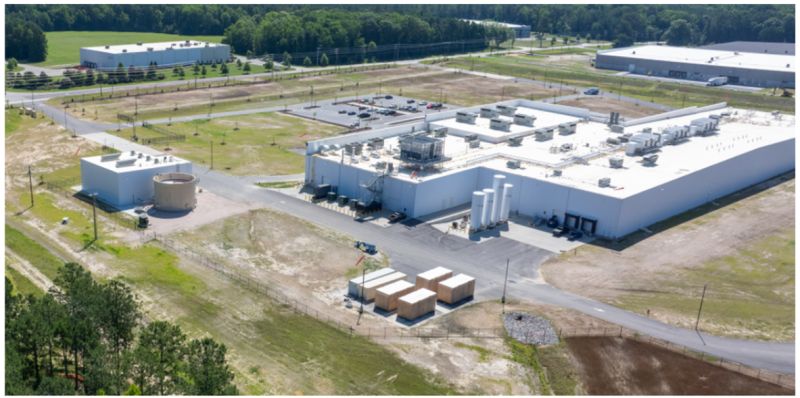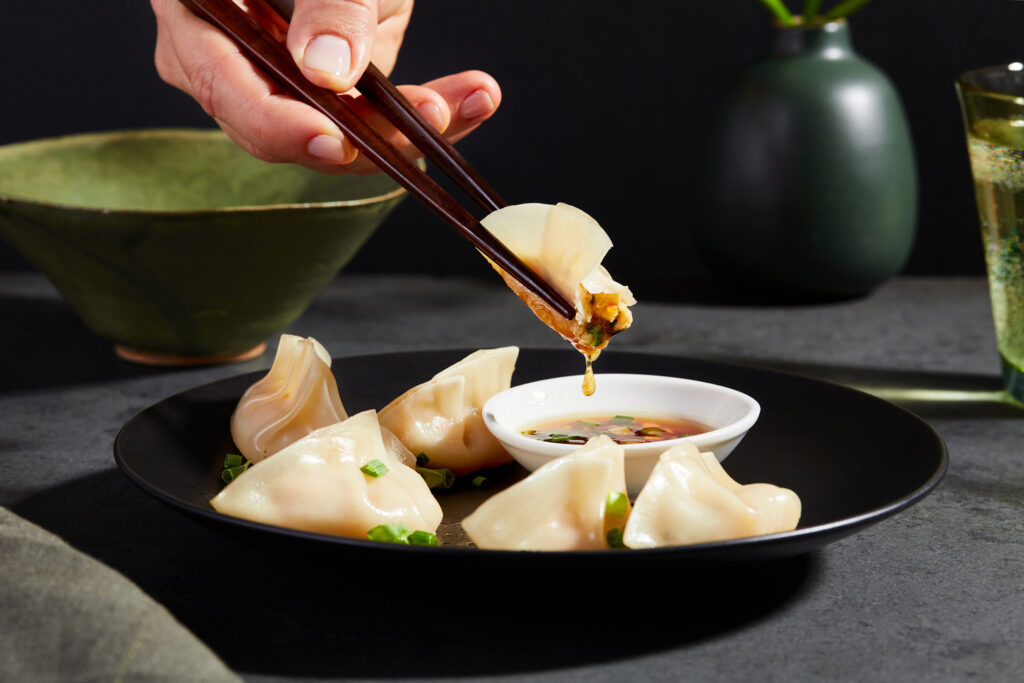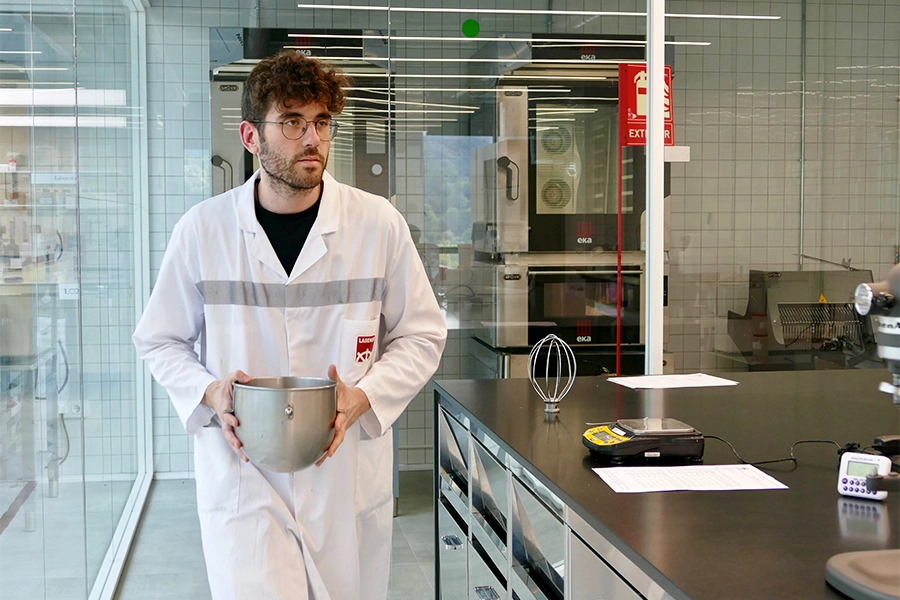

South Korea bets big on cultivated meat with Regulation-Free Special Zone
South Korea has taken a groundbreaking step toward becoming a global leader in the cultivated meat industry. The government recently designated a special zone in Gyeongsangbuk-do province, exempt from certain food regulations, to accelerate research, development, and commercialization of this novel technology.
This Regulation-Free Special Zone (RFSZ) represents a significant shift in the country's approach to food production. While still in its early stages, cultivated meat holds immense potential for addressing food security concerns, environmental sustainability, and animal welfare issues.
The Gyeongsangbuk-do RFSZ is designed to be a hub for innovation in the cultivated meat sector. Ten cell-cultured food companies will be housed within the zone, benefiting from a unique regulatory environment. Unlike conventional meat production, cultivated meat currently faces hurdles related to cell sourcing and scaling up production.
The RFSZ addresses these challenges by exempting participating companies from specific regulations. This allows them to utilize biopsies and same-day tissues for cell acquisition. This approach not only simplifies the cell sourcing process but also ensures the use of fresh, high-quality cells, critical for producing premium cultivated meat.
"The availability of fresh cells is a major bottleneck in the commercialization of cultivated meat," explained Dr Min-Soo Kim, CEO of Seojin Bioceuticals, one of the companies selected for the RFSZ. "The RFSZ exemption will allow us to experiment with different cell lines and optimize production processes, ultimately leading to a more cost-effective and scalable solution."
The South Korean government's vision extends beyond simply streamlining production. The RFSZ also aims to overcome another major hurdle – replicating the taste and texture of conventional meat. With the ability to experiment more freely, companies within the zone can focus on optimizing cell culture conditions and developing proprietary technologies to achieve a truly indistinguishable product.
"Consumer acceptance is crucial for the success of cultivated meat," added Yeonjoo La, Chief Strategy Officer at TissenBioFarm, another RFSZ participant. "The ability to refine the sensory experience of cultivated meat will be a key focus within the zone. By the end of the five-year RFSZ program, we hope to have cultivated meat products on par with conventional meat in terms of taste and texture."
South Korea's move towards a cultivated meat future is not happening in isolation. Several countries, including Singapore, Israel, and the USA, are actively investing in this technology. The race to become a leader in the cultivated meat market is fierce, with potential economic and environmental benefits at stake.
"South Korea has historically been a leader in adopting new technologies," commented Minister Kim Hwan-sik of the Ministry of Agriculture, Food and Rural Affairs. "This RFSZ initiative demonstrates our commitment to being at the forefront of the cultivated meat revolution. Not only does it hold promise for our domestic food security, but it also positions us as a global player in establishing safety standards and production protocols for this new industry."
The Gyeongsangbuk-do RFSZ is a five-year program with an allocated budget of ₩19.9 billion (approximately US$14.4 million). With its focus on innovation, cost reduction, and consumer appeal, this initiative has the potential to reshape the future of meat production in South Korea and beyond. The success of this program will be closely watched by the global food industry, with much riding on the ability of these companies to overcome technical challenges and deliver a truly revolutionary product to market.
If you have any questions or would like to get in touch with us, please email info@futureofproteinproduction.com






